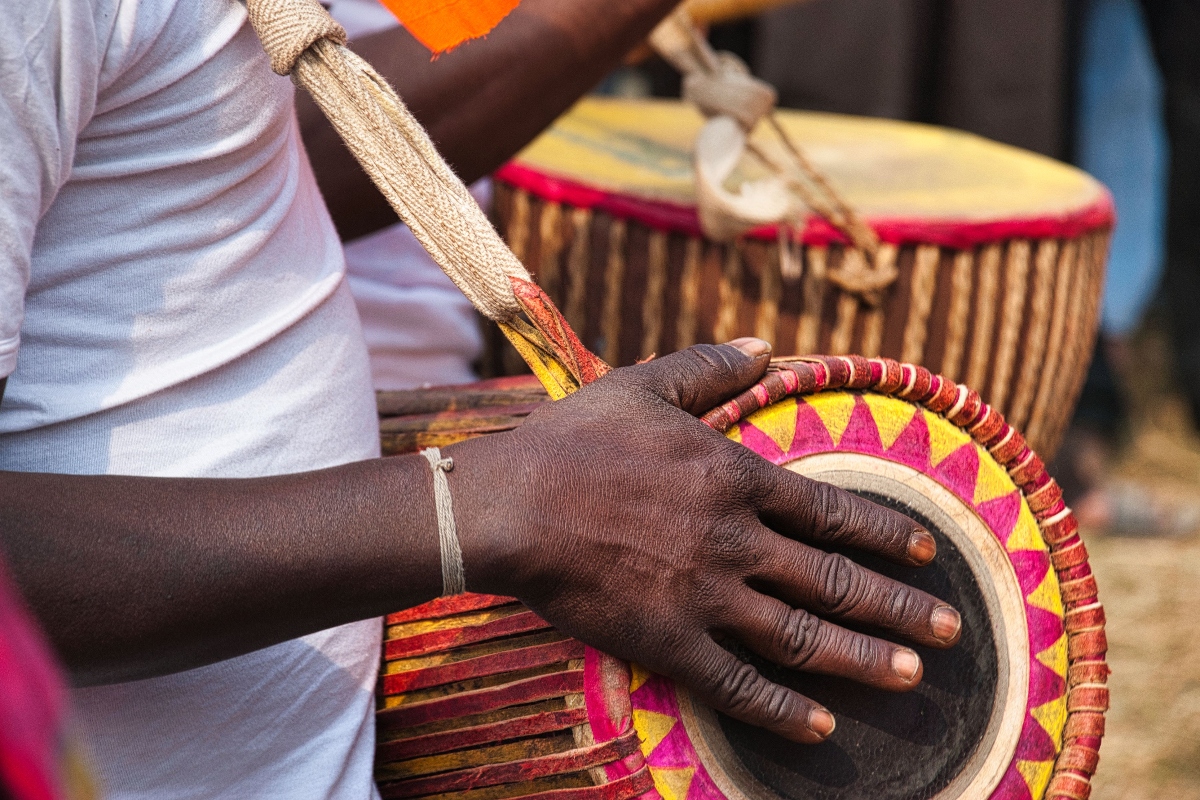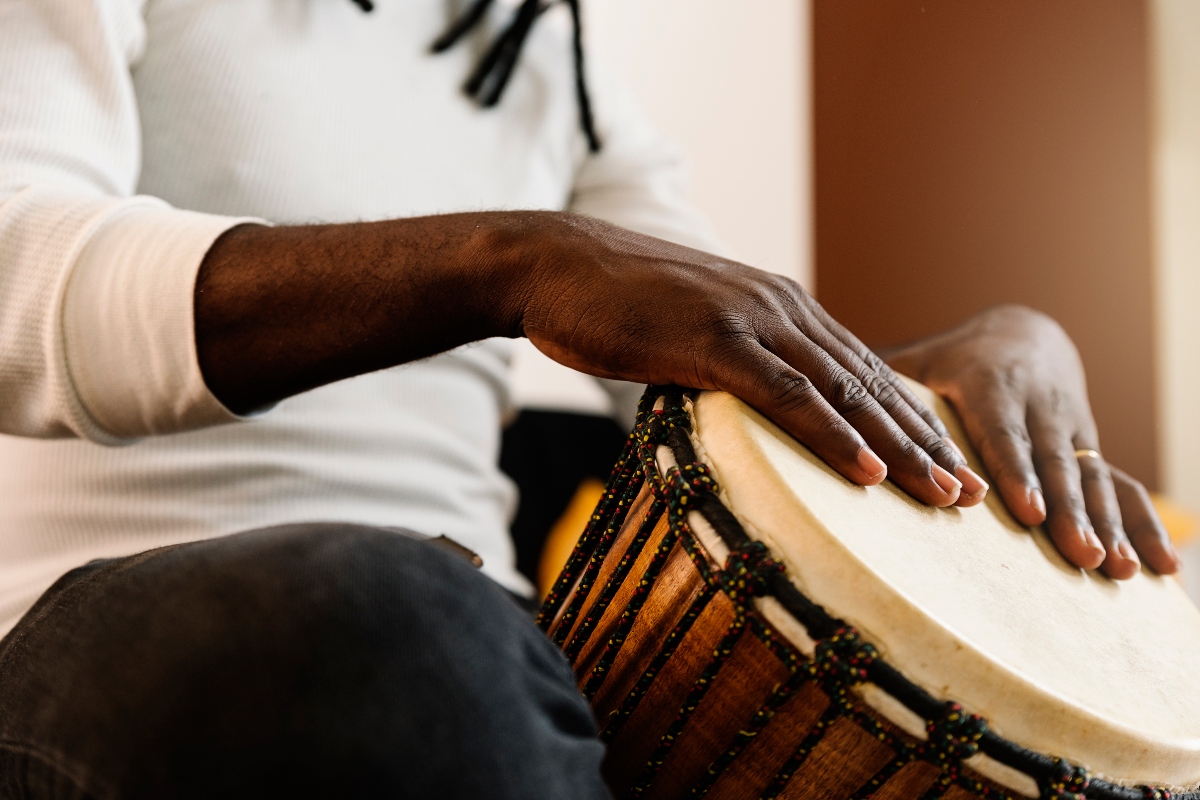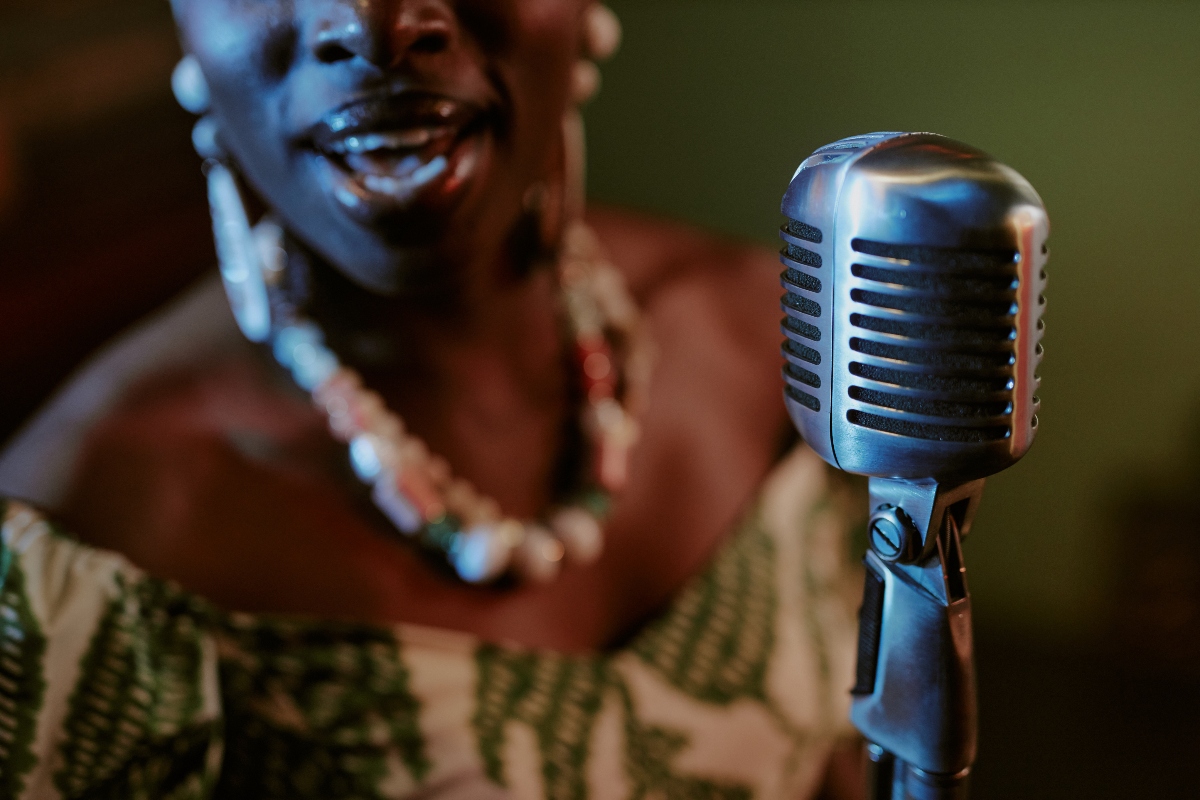Tropical music, so deeply rooted in Latin culture, owes much of its essence to African influence.
From resonant drums to infectious rhythms, African heritage has shaped genres that are now emblematic throughout Latin America.
African roots

The arrival of Africans to the American continent during the colonial era brought with it a rich musical tradition.
Percussion instruments such as batá drums and congas were integrated into local cultures, giving rise to genres such as Cuban rumba and Brazilian samba.
These rhythms, characterized by their complexity and energy, are a living testimony of Afro-Latin cultural fusion.
With African Rhythm

The African influence is evident in several tropical genres:
Cumbia colombiana: Originating on Colombia’s Caribbean coast, cumbia combines African rhythms with indigenous and Spanish melodies, creating a dance and music that symbolizes the country’s cultural diversity.
Salsa: This genre, which gained popularity in the Caribbean and then worldwide, incorporates African rhythmic patterns, especially in its percussion, reflecting the African diaspora in Latin America.
Merengue: The national music and dance of the Dominican Republic has its roots in African rhythms, evident in its cadence and use of percussion instruments.
African Heritage

The instrumental richness of tropical music also reflects the African influence:
Batá drums: Used in Afro-Cuban religious ceremonies, these drums have found their place in popular music, bringing depth and authenticity to the rhythms.
Congas: Fundamental to genres such as salsa and rumba, congas are drums of African origin that provide a distinctive and energetic sound.
Living legacy

Today, the African influence in tropical music is still palpable.
Contemporary artists incorporate Afro elements into their compositions, and festivals around the world celebrate this shared heritage.
Tropical music owes much of its essence to African influence
QueOnnda.com
Tropical music, with its African roots, continues to unite cultures and generations, reminding us of the richness of our diversity.
For more information, visit QueOnnda.com.























